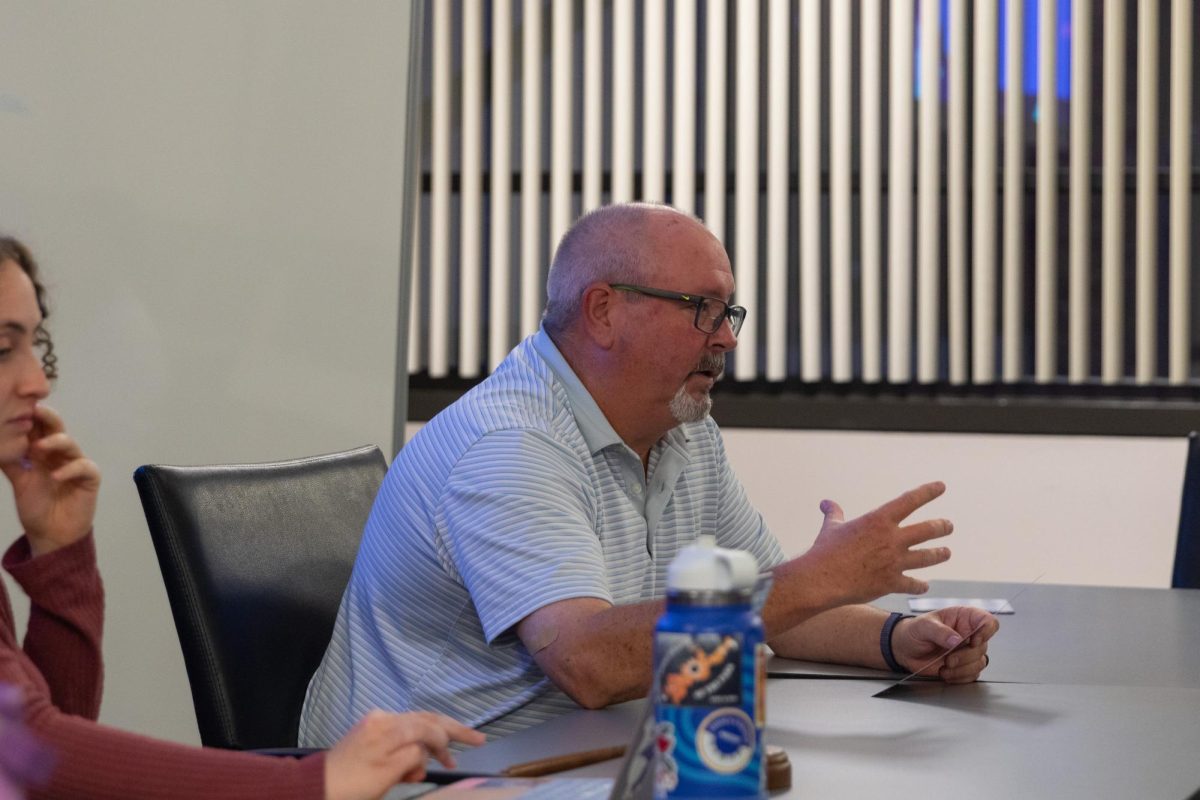The iMac will become Information Technology Services’ default Apple desktop computer beginning May 1, replacing the Mac Pro.

Michael Taves, executive director of ITS, said the Technology Renewal Program opted for the iMac, a standard desktop system, over the more expensive Mac Pro, which Taves said has evolved into a more “high-end graphics workstation.” The change will not affect Apple laptops or any PCs, he said.
Terry Ruger, manager of field services and co-manager of the Technology Renewal Program, said the college’s program automatically replaces computers purchased through the ITS catalog at no extra cost to departments every three years. He said it was designed to keep systems and applications current to fit changing academic needs.
“By going with Technology Renewal, where we were keeping our systems current, it sort of relieved academic departments from having to worry about budgeting for replacing their computers,” Ruger said.
Taves said an estimated 98 percent of the desktop and laptop computers provided by the college are purchased through the ITS catalog and thus enrolled in the Technology Renewal Program.
ITS originally chose the Mac Pro as its default replacement, but Taves said he believes the iMac is the more practical fit for students’ academic needs.
“We’ve been talking about it for more than a year,” Taves said. “It’s just reached the point … for the vast majority of our Macintosh users, both in student facilities and offices, where it would meet their needs.”
Because the iMac is approximately $1,000 less than the Mac Pro, and it possesses a self-contained monitor that does not need to be replaced every three years, Taves said the switch will save the college an estimated $50,000.
Taves said the change is part of consistent in-house attempts to control costs in a program that is always expanding. He said it does not reflect any institutional pressures to cut costs.
“The budget for the program grows, and it’s our responsibility to try to responsibly manage that growth in terms of total costs to the institution,” Taves said.
Ruger said about 30 percent of departments use Apple computers, particularly those in the Roy H. Park School of Communications and the School of Music. The remaining 70 percent of the departments use Windows computers, he said.
The new policy does not prohibit departments from purchasing or renewing the Mac Pro if its hardware is required for any specific functions, Taves said. However, the department will be billed the difference in price between the iMac and Mac Pro if it
orders the Mac Pro during renewal, he said.
Taves said he has only encountered two or three departments that need to continue using the Mac Pro, and he is working on a strategy with them to fund that need without hampering the department’s other budgetary goals.
Senior Amy Diehl, an integrated marketing and communications major, said she does not think the change will come with any significant consequences, noting that many freshmen have to learn to adapt from a PC to a Mac.
“It was a transition for me to go from a PC to a Mac,” she said. “But I don’t think it would be a huge difference to go from the Mac Pro to the iMac.”







